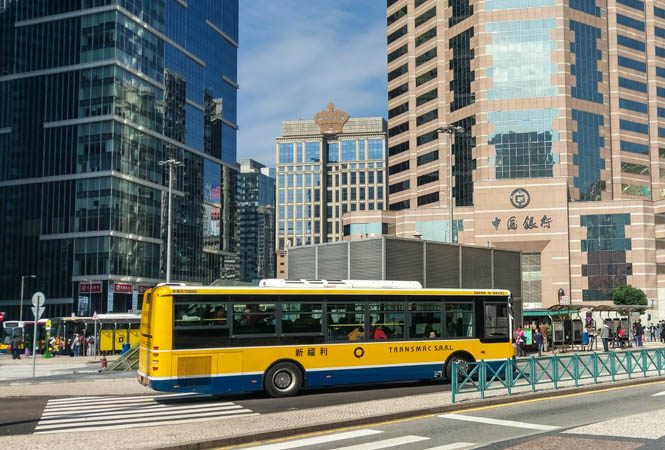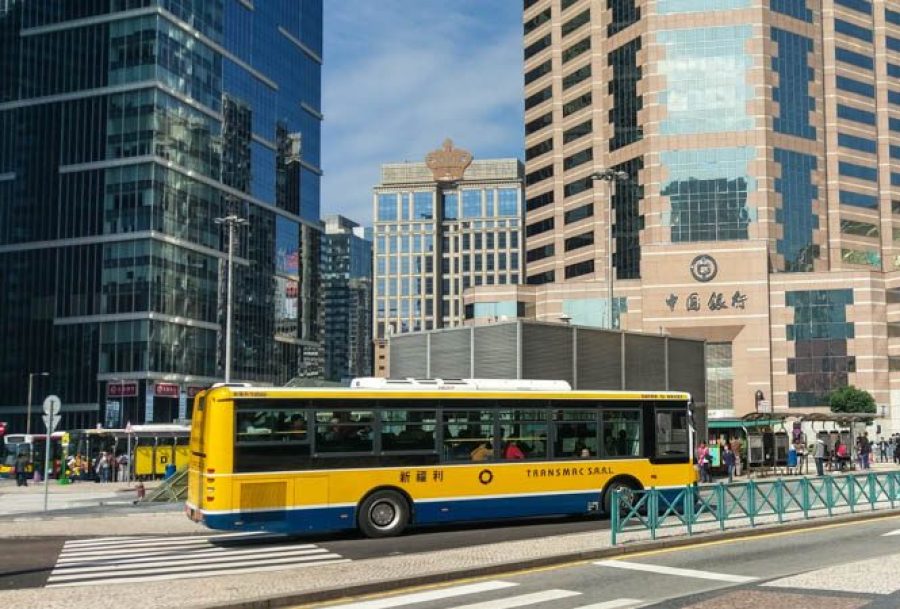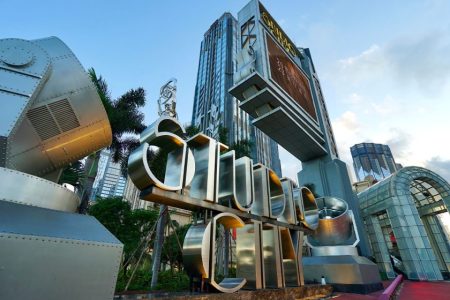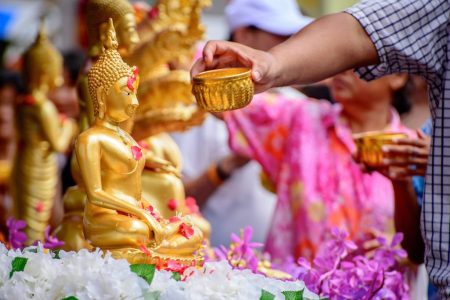The Transport Bureau (DSAT) released a statement on Tuesday regarding the rumoured “ghost bus” situation that is worrying some locals. The statement said that the bureau would pay close attention to the matter.
The term ‘ghost bus’ (“gwaiba” in Cantonese) refers to buses that show up on the official Bus Travelling System app but not at the bus stop. According to the statement, earlier this month, citizens reported their concerns to the bureau.
The statement noted that all bus stops have installed radio-frequency identification (RFID) technology that can track every bus, adding that the technology allows the buses to “check” their locations.
The statement also said that the bureau had arranged an independent third party to review the data to ensure its accuracy.
According to the bureau’s data recorded on Monday, the mobile-phone app was around 97 per cent accurate. However, the statement pointed out that other reasons could affect the accuracy of the application, such as the “driver’s control” and the mobile phone internet connection.
The statement pointed out that the bureau compared its data to other bus apps around the world and the average accuracy rate for bus apps is 95 per cent. The bureau released Wednesday’s data showing that during the peak hour from 8 am to 9 am in areas including Praça do Ferreira do Amaral and Rua do Campo, on a random selection of 88 buses, the apps accuracy was 95.5 per cent. The statement said the bureau would continue to monitor the system.
Bus rescheduling feedback
Last week, DSAT Director Kelvin Lam Hin San announced that the government adjusted the city’s public bus schedule from Saturday (1 August) for the summer holiday period.
“Bus passengers’ average waiting time will increase by two to five minutes during the morning peak hours from 7 am to 9 am on weekdays, while their average waiting time will increase by four to nine minutes during the afternoon peak hours from 4 pm to 8 pm on weekdays. The number of [bus] trips during the remaining period will also be appropriately adjusted,” the statement said.
On Monday, the bureau released another statement saying that during peak hours, it had arranged 100 special buses in busy areas such as at Praça do Ferreira do Amaral and Barrier Gate Terminal Station to shorten the waiting time for passengers.
However, during this week’s Taipa and Coloane Community Service Consultative Council and Central regular meetings, member of both councils said that residents complained about the bus “infrequency”. In both meetings, civic leaders pointed out that the public bus schedule was “too infrequent”, adding that residents needed to wait 30 minutes to one hour for their buses to arrive. They urged the bureau to make arrangements to shorten the waiting time.
(The Macau Post Daily/Macau News)
PHOTO © Secret Macau




